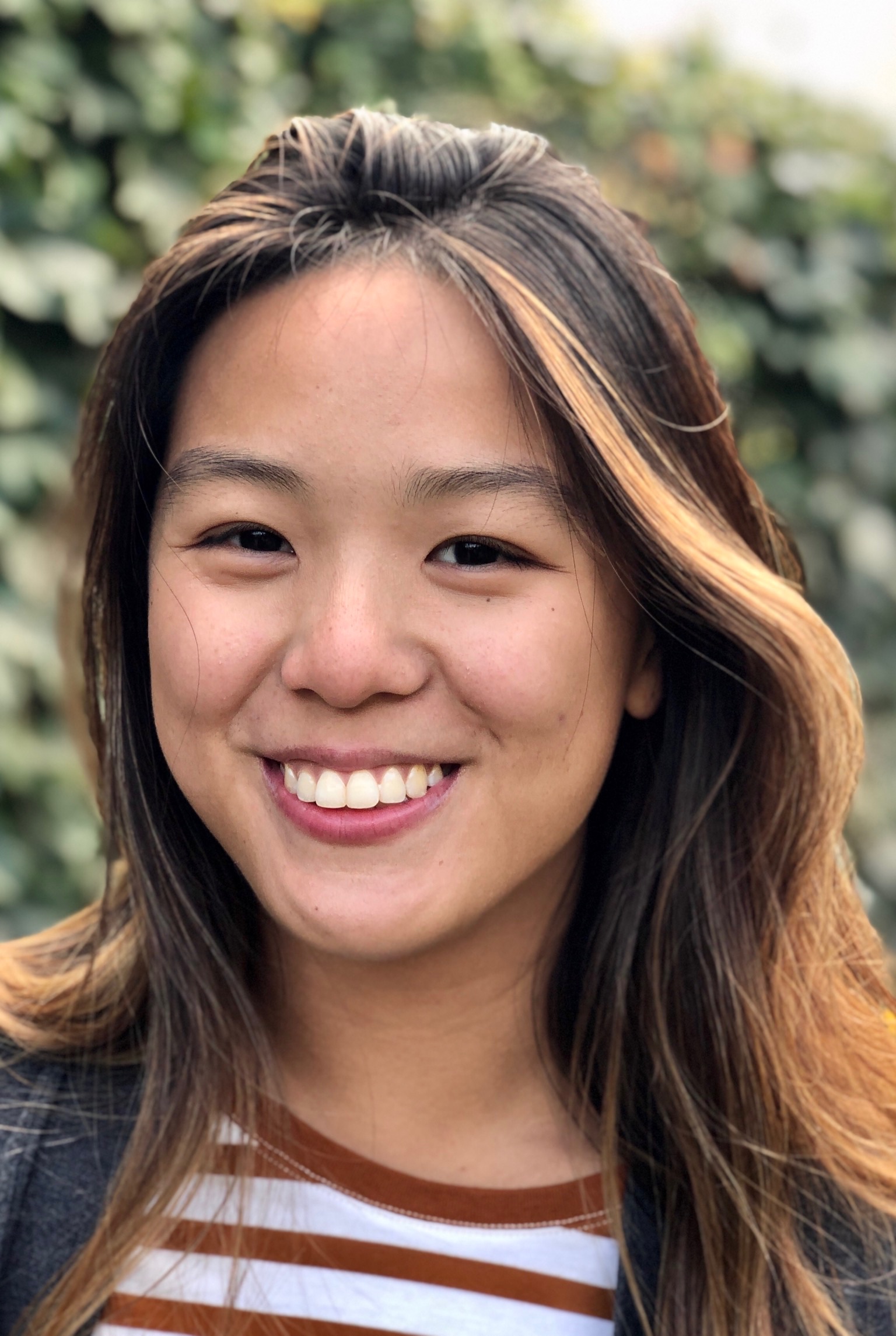AOTA member spotlight: Jenny Zhong, COTA/L
Jenny Zhong, COTA/L, is a Long-Term Services and Supports (LTSS) Utilization Management Reviewer at AmeriHealth Caritas. She spoke to Jamar Haggans, MS, OTR/L, CPHQ, Director of Quality at AOTA, about her current position and how she became interested in utilization management.

Jamar Haggans: Can you tell us about your background?
Jenny Zhong: Since beginning my career as an occupational therapy assistant (OTA) in 2018, I’ve been drawn to non-traditional and emerging practice roles. My career trajectory has allowed me to navigate several sectors of healthcare, while remaining close within the occupational therapy scope of practice.
My first job was working for Southeastern Pennsylvania Transportation Authority (SEPTA). At SEPTA I assisted with a travel program that helped individuals use public transportation, understand and advocate for Americans with Disabilities Act (ADA) rights within the realm of public transportation, and provided education on the transit agency’s accessibility features. I’ve also worked in long-term acute care hospitals, inpatient rehab, intensive care units, and as adjunct faculty in Thomas Jefferson University’s OTA program.
Jamar Haggans: What is your current role?
Jenny Zhong: I work for a health insurance company as a clinical long-term services and support utilization management reviewer. My role consists of reviewing medical records and documentation to determine the appropriate amount of services individuals might need to remain safe at home and in their community. We take a deep dive to understand how someone’s medical diagnoses, conditions, and amount of assistance required to safely perform activities of daily living influence their ability to live in the community with or without support. Additionally, we aim to reduce the amount of hospital readmissions and visits to emergency departments.
Jamar Haggans: How did you become interested in utilization management?
Jenny Zhong: When I started searching for other career opportunities, utilization management seemed like the perfect fit because so many of the skills I already had were transferable. I love how I still use my clinical skills working in utilization management and I’ve enjoyed learning more about state and federal policies that pertain to medical management.
Jamar Haggans: What advice would you give other practitioners interested in utilization management?
Jenny Zhong: Many job listings called specifically for applicants with nursing degrees at the time I was applying, don’t let that stop you from trying. I found that a strong cover letter was beneficial when applying for utilization management roles because it helps to explain the OT skillset if the reader isn’t familiar with OT. During interviews, I would often explain how providing therapy services in many stages of the recovery process has allowed me to have a more holistic understanding of how patient needs can change throughout their journey in the healthcare continuum. It was important for me to advocate and address how our profession can benefit this sector of our healthcare system. I encourage other occupational therapy practitioners who work in utilization management roles to use it as an opportunity to showcase how our distinct skillset benefits and translates to utilization management.
Research what day-to-day work might look like and ask yourself if this is a work style and environment that would appeal to you. Also, consider other career trajectories that this type of position might allow you to achieve.
Many people assume non-clinical opportunities are better than direct patient care. The grass might not be greener on the other side. Connect with people who are already in the field to give you an honest opinion on some of the things they like and dislike about the role.
Jenny Zhong was also selected to participate in the Diverse Leaders Program inaugural cohort. AOTA celebrates the Diverse Leaders Program inaugural cohort | AOTA